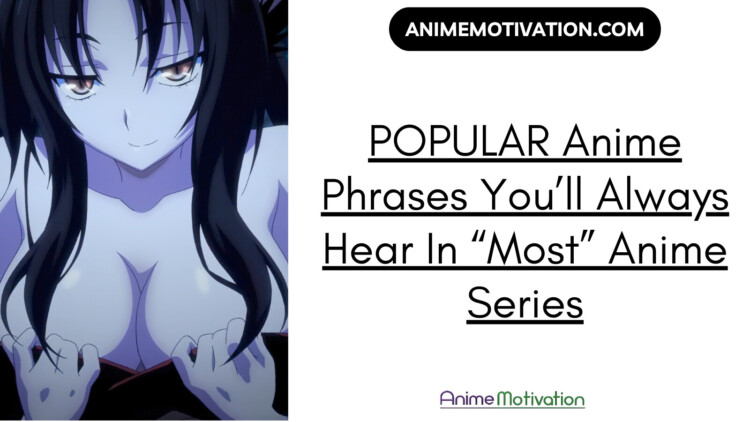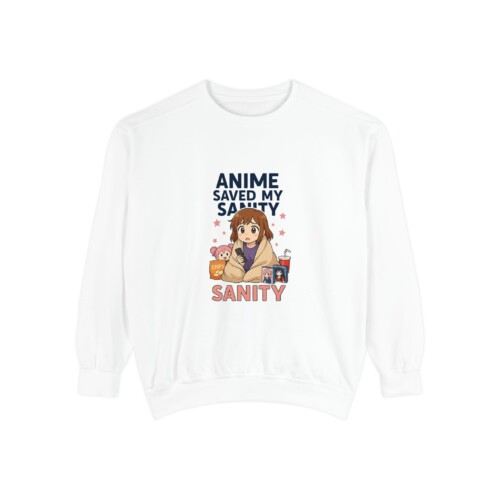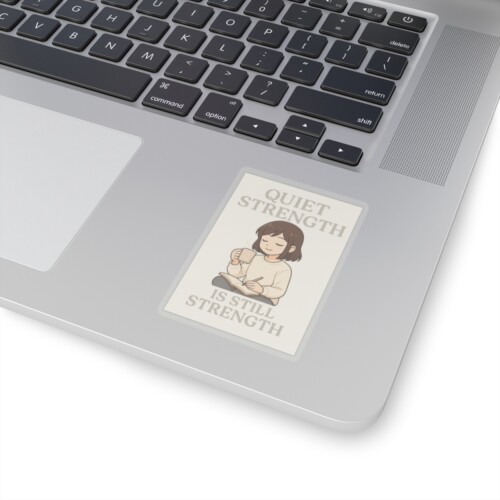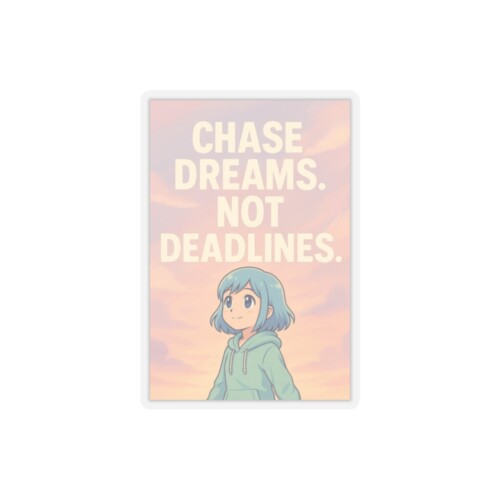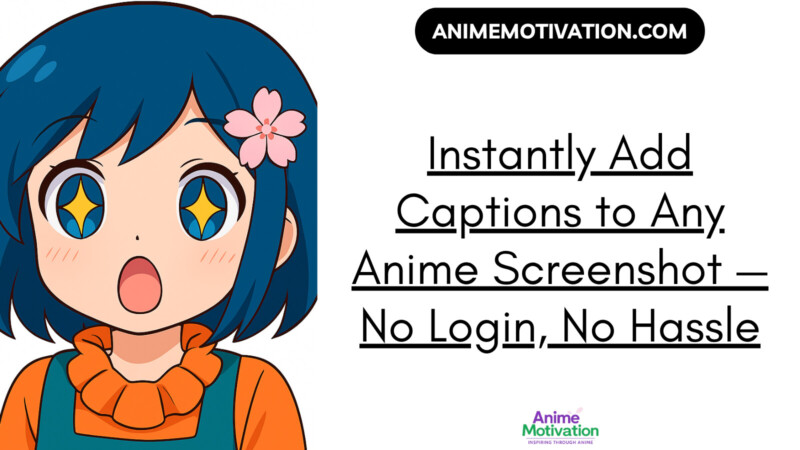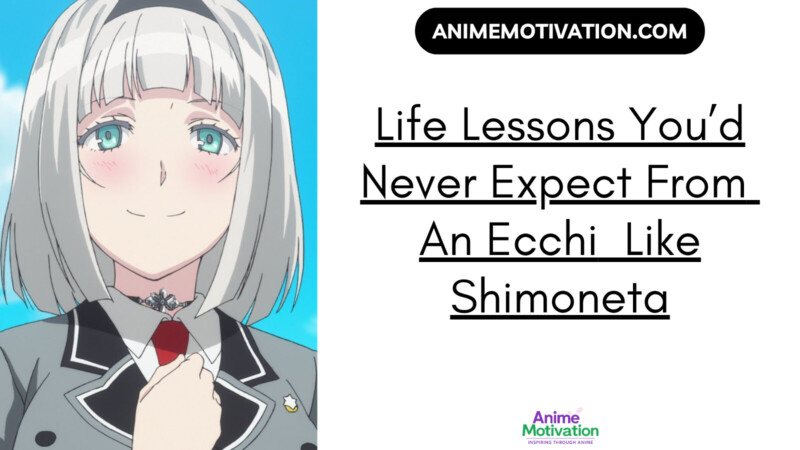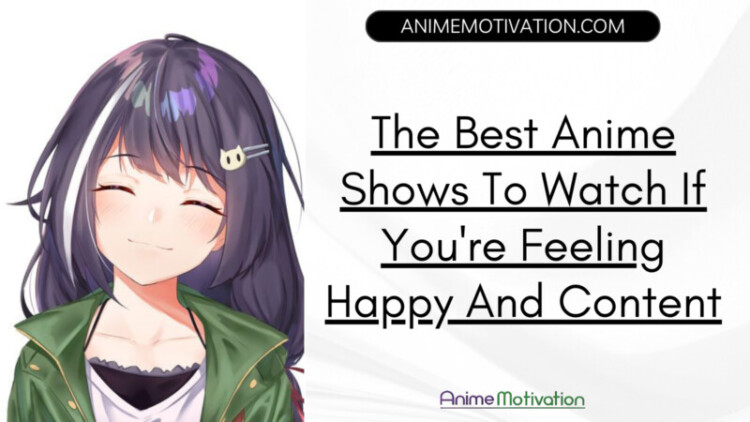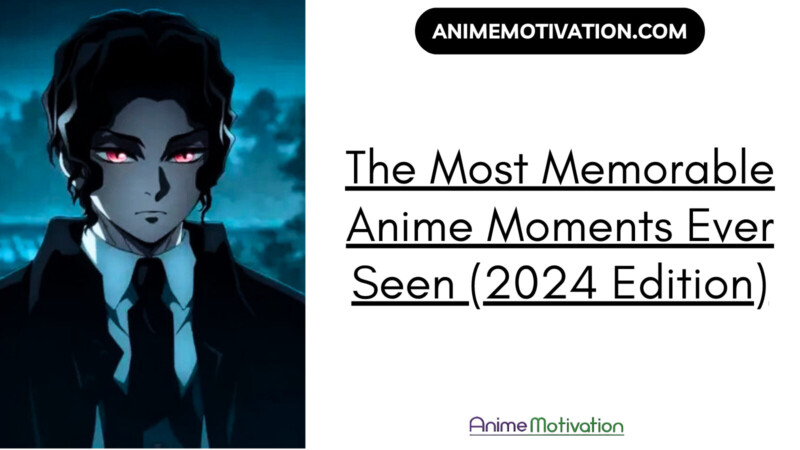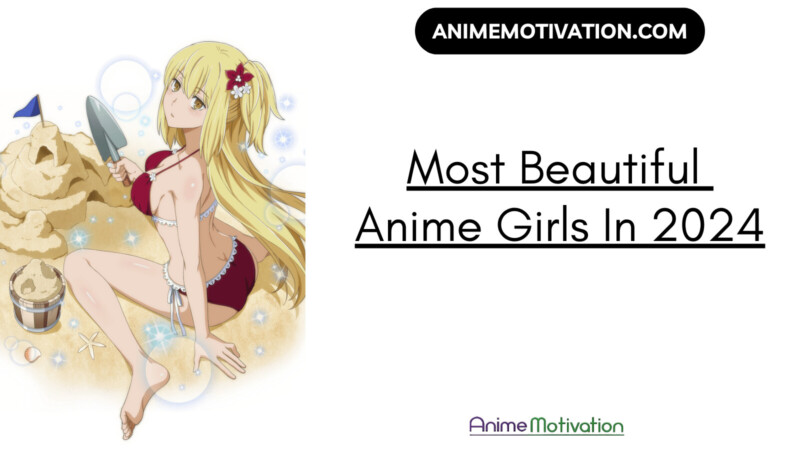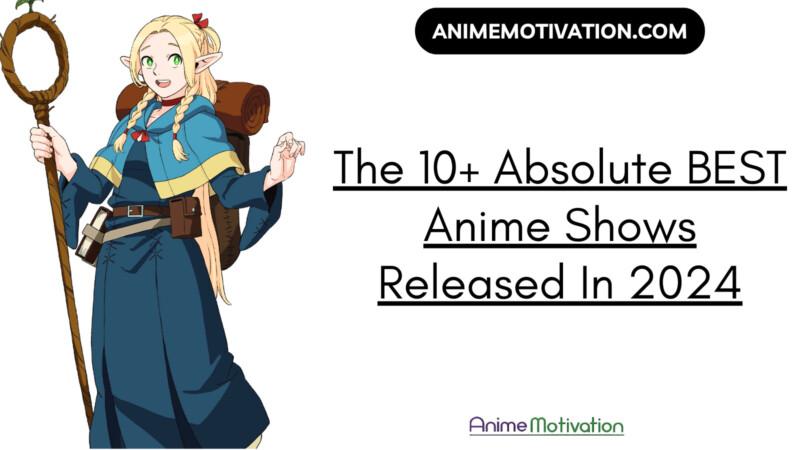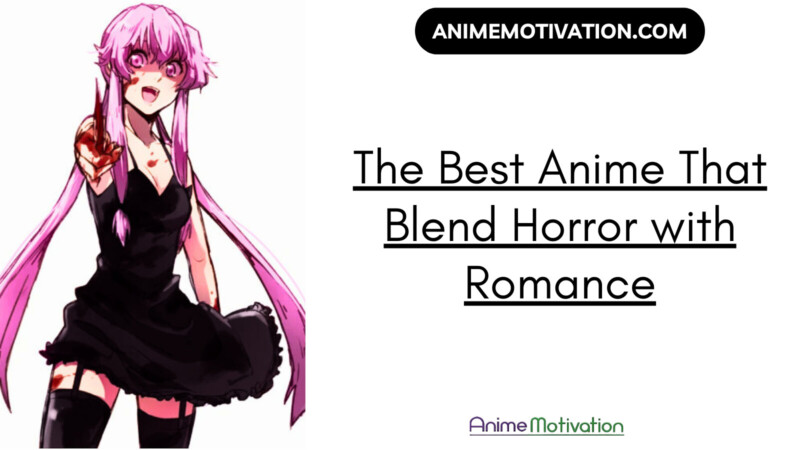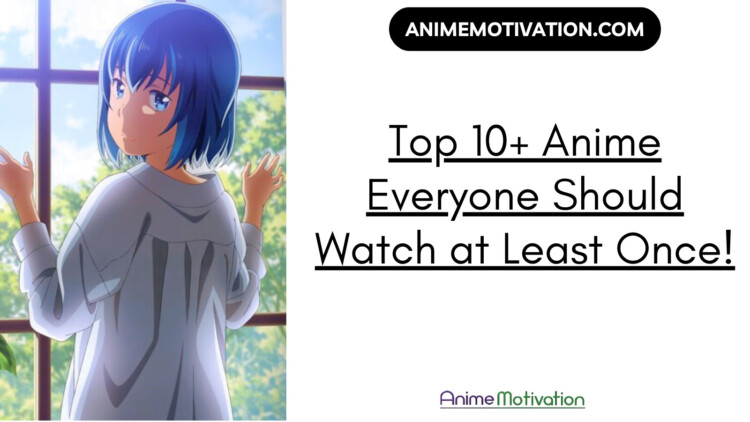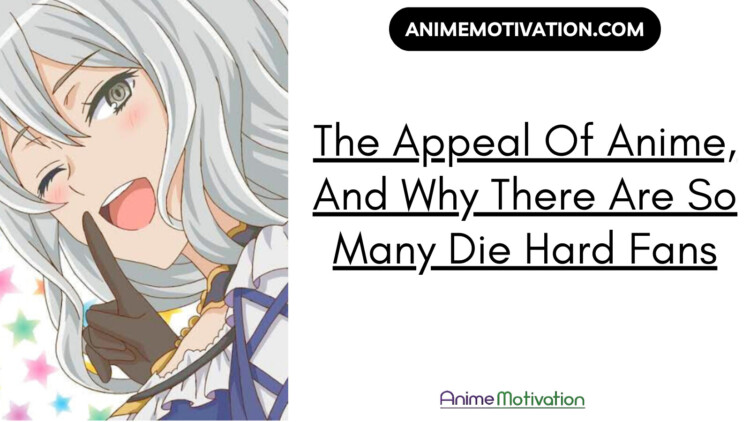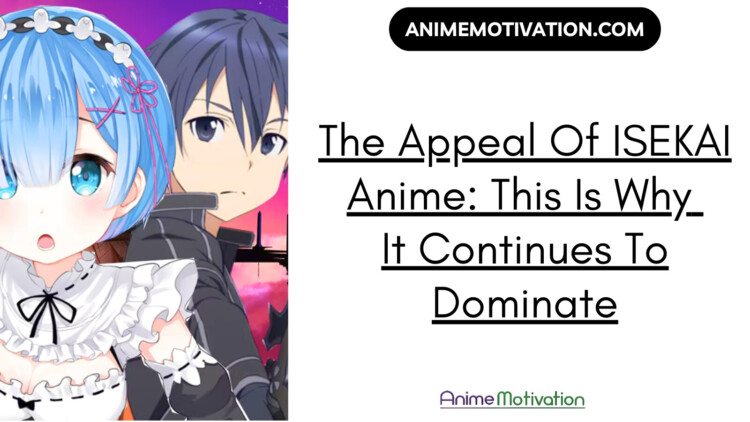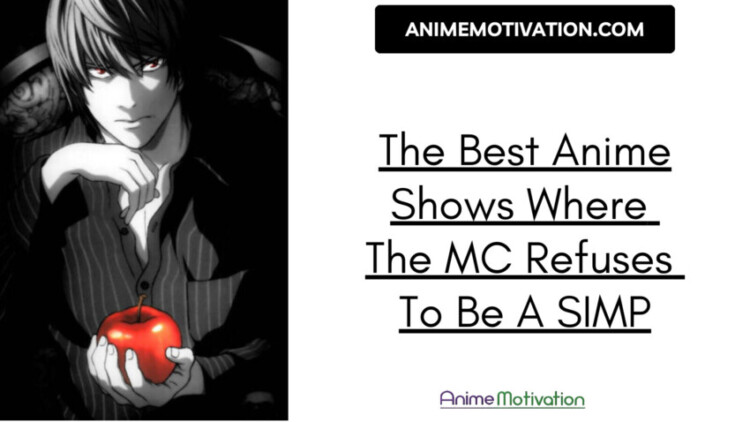There are always frequent and relevant phrases, sayings, and words in anime. Especially when they’re common and cliché.
You do find them in dubbed series, but the original versions have better context, humour and pronunciation. But we all know nothing beats the original.
So let’s focus on that. The most common, original phrases sprinkled throughout many anime series.
Popular anime phrases and words:
1. NANI??
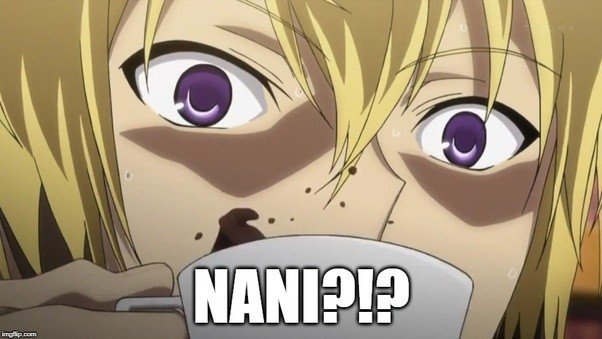
Nani = WHAT? In a shocked tone of voice, usually. But sometimes it’s just a general reaction in your everyday anime series.
You’ll see it a lot in anime that are:
- Comedy.
- Romance.
- Slice of Life.
- Parody.
But it’s universal and ends up in all kinds of anime genres.
2. Arigato
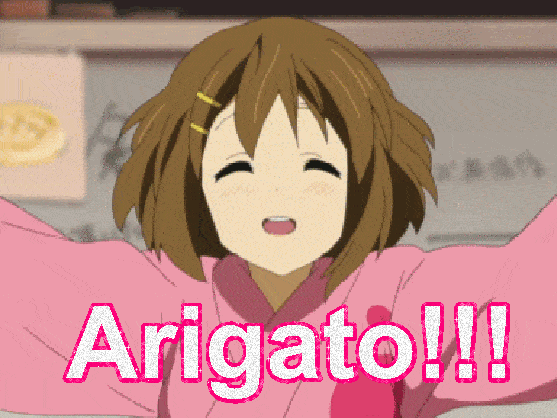
The famous “arigato” is another common word in anime, which means “thank you” in Japanese.
Anime boys AND girls have the tendency to apologize a lot. Even when they’ve done nothing wrong in particular. But that’s just a snapshot of how Japanese culture is, along with their typical behaviours in society.
3. Onii-Chan

Onii-Chan means “older brother” in Japanese. You tend to see this in anime shows where little sisters play a support role in the story.
Anime like:
- Monogatari.
- My Little Sister Can’t Be This Cute.
- Eromanga Sensei.
- Oregairu.
And plenty more romance/school types of series where “Onii-Chan” is a common phrase.
Especially shows where incest is a thing.
4. Moshi Moshi
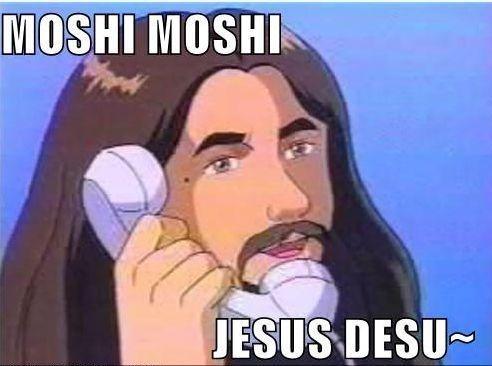
Moshi Moshi = Hello in Japanese. Even though it only represents one word when translated to English, it’s repeated twice in Japanese.
Chiaki Minami from the slice of life: Minami-Ke says “moshi moshi” a lot whenever she answers the telephone.
5. Soka
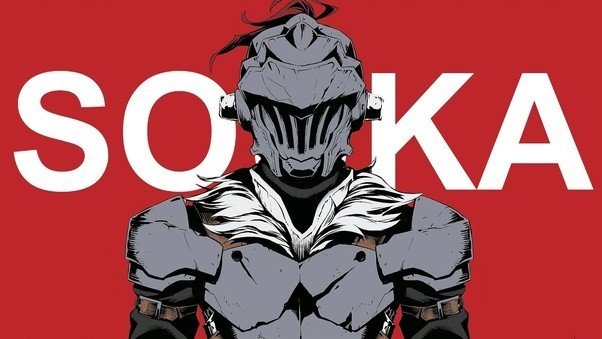
Soka = I see in Japanese.
It’s not the only phrase used when an anime character says “I see”, but it’s a common phrase and well known in the anime community.
Characters like Goblin Slayer (from the anime with the same name) have made Soka extremely popular. Because it’s one of the few words that comes out of Goblin Slayer’s mouth.
His vocabulary is simplistic.
Related: If You Love Goblin Slayer, Here Are 10 Of The Best Anime Just Like It!
6. Hai!
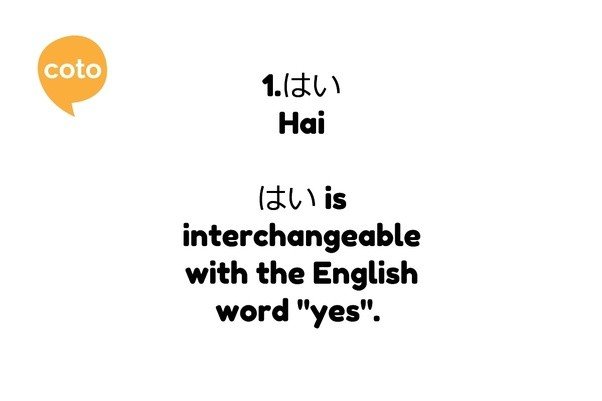
Source: Coto Academy
Hai = Yes. It’s used as a form of agreement in romance, slice of life, comedy and other types of anime series.
You’ll see it in “school” types of anime more than anything else where it seems to be more common.
Recent shows that highlight “Hai” are The Rising Of The Shield Hero.
7. Nii-Chan
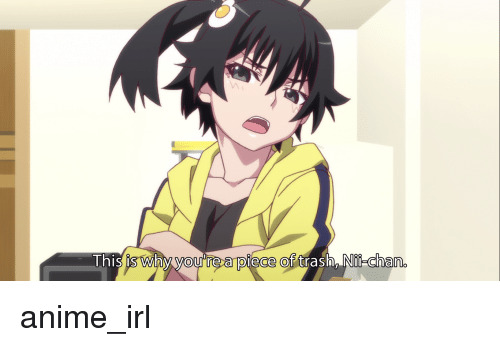
Nii-Chan is a little less common than Onii-Chan. But it’s still found in a lot of anime series.
Nii-Chan is used as a way to show “affection” to an older brother. Or put another way: it means you LOVE your older brother a lot.
anime that use “Nii-Chan” a lot.
8. EHHHH?

Not necessarily a “phrase” but it’s a reaction you hear a lot in anime when a character is surprised.
9. Senpai
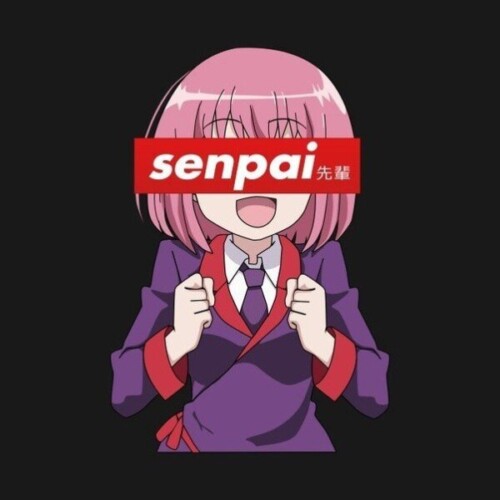
Senpai is the word you use for someone older, above you, an upperclassman or in the case of anime: someone you look up to.
School, romance, drama and comedy series make use of the word “Senpai” a lot. It’s not something you tend to see in all anime genres outside of that.
10. Baka

Baka = Idiot. The types of characters who use this are Tsunderes or “hot tempered” anime characters.
- Toradora.
- Minami-Ke.
- Rokudenashi.
These are a “few” anime series that use the word BAKA and it’s usually from female characters in each anime.
11. Kawaii
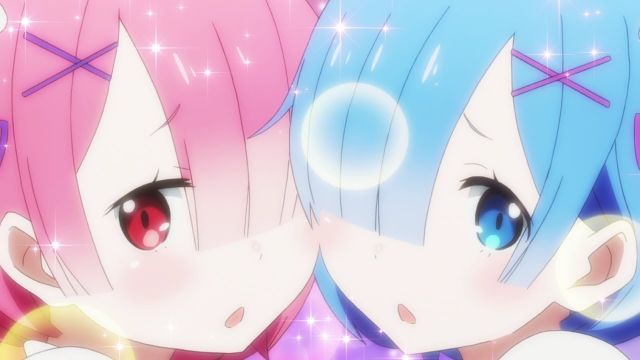
cute. It’s something you come across a lot in the same types of genres I’ve mentioned.
Like:
- School.
- Drama.
- Romance.
- Slice of Life.
- Comedy.
Anime shows like K-On, Minami-Ke, New Game! and so on will make use of the phrase “Kawaii”.
12. Gomenasai
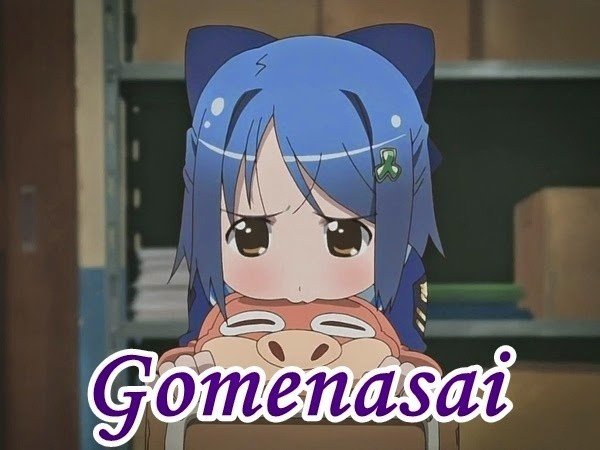
Gomenasai = I’m sorry.
It’s a form of apology in Japanese. Similar to Arigato, you’ll hear “Gomenasai” a LOT from both male and female anime characters.
Especially in typical genres like:
- Romance.
- Slice of Life.
- Comedy.
But you will hear it in all kinds of anime series, regardless of genre.
13. Daijoubu

Daijoubu = FINE. it’s a form of agreement, similar to Hai! But it’s used in a moody tone of voice, depending on the context of the anime series.
Other times it’s a standard response for an anime character.
14. Ryokai
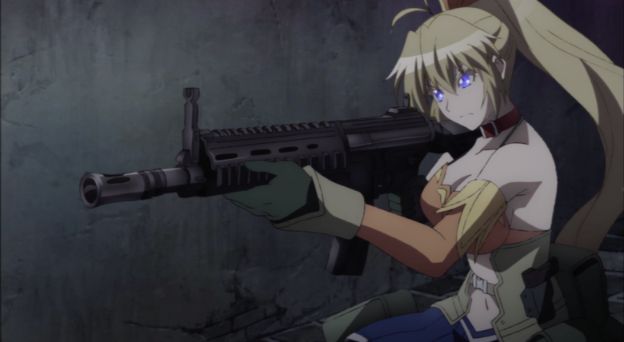
Ryokai = Roger. But it’s pronounced like “Yokai” even though both words have different meanings.
You hear this a lot in the anime: Magical Girl Spec Ops Asuka. A military series where “taking orders” is a common theme, hence Ryokai.
15. Sugoi

Sugoi = amazing. It can be used for words “great” as well, since they’re basically the same thing.
It’s not as common as other anime phrases on this list, but it’s still relevant.
16. Kun

Kun = a word used towards men. In anime, “Kun” is used when referring to male anime characters.
A good example is Little Busters, where the main character is called “Riki-Kun” by other female characters.
Can you think of more anime phrases?
Recommended:
Looking For For The BEST Isekai Anime?
The Most Intense 18+ Anime Shows

